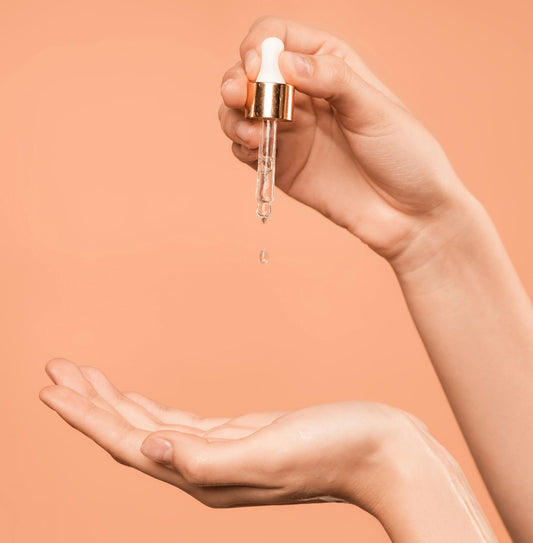Can CBD Help You Stop Abusing Substances?
Substance abuse and addiction are complex issues that affect millions of people worldwide. As awareness of cannabidiol (CBD) grows, many individuals are exploring its potential therapeutic benefits, particularly in the context of substance use disorders. In this blog post, we will examine the current research and understanding of how CBD may assist individuals in reducing or stopping substance abuse.
Understanding CBD
CBD is a non-psychoactive compound derived from the hemp plant. It interacts with the body’s endocannabinoid system (ECS), which plays a role in regulating various physiological processes, including mood, pain, and stress responses. Unlike THC, another well-known cannabinoid, CBD does not produce a high and has a different set of effects on the body.
Potential Benefits of CBD for Substance Abuse
-
Reducing Withdrawal Symptoms:
- Research suggests that CBD may help alleviate withdrawal symptoms associated with various substances, including opioids, alcohol, and nicotine. By potentially reducing anxiety, insomnia, and irritability, CBD could support individuals during the challenging withdrawal process.
-
Decreasing Cravings:
- Some studies indicate that CBD may help reduce cravings for substances like nicotine and opioids. This effect could be beneficial for individuals trying to quit smoking or those recovering from opioid addiction.
-
Managing Anxiety and Stress:
- Many individuals turn to substances as a coping mechanism for anxiety, stress, or trauma. CBD has been shown to have anxiolytic (anxiety-reducing) properties, which may help individuals manage their underlying emotional issues without resorting to substance use.
-
Supporting Mental Health:
- CBD may have potential benefits for mental health conditions, such as depression and PTSD, which often co-occur with substance use disorders. By addressing these underlying issues, CBD could support individuals in their recovery journey.
-
Promoting Neuroprotection:
- Preliminary research suggests that CBD may have neuroprotective properties that could aid in recovery from substance use by promoting brain health and function. This may be particularly relevant for individuals recovering from alcohol or drug abuse, which can have detrimental effects on the brain.
Current Research
While the potential of CBD in aiding substance abuse recovery is promising, it is essential to note that research is still in its early stages. Some studies have shown positive outcomes, while others have indicated that more extensive research is needed to fully understand the efficacy and safety of CBD for this purpose.
- Opioid Use Disorder: A study published in the American Journal of Psychiatry found that CBD could reduce cue-induced cravings and anxiety in individuals with a history of opioid use disorder.
- Alcohol Use Disorder: Research has indicated that CBD may help reduce alcohol consumption and the desire to drink in animal models, but more human studies are needed.
- Nicotine Addiction: A study suggested that CBD could help reduce the number of cigarettes smoked by individuals trying to quit smoking.
Considerations and Cautions
-
Individual Responses: The effects of CBD can vary from person to person. While some individuals may find it beneficial in their recovery, others may not experience the same effects.
-
Consult Healthcare Professionals: If you are considering using CBD as part of your recovery from substance abuse, it is essential to consult with a healthcare professional. They can provide guidance on dosing, potential interactions with other medications, and an overall treatment plan.
-
Not a Cure-All: While CBD may offer supportive benefits, it is not a replacement for evidence-based treatments for substance use disorders, such as therapy or medication-assisted treatment. A comprehensive approach that includes counseling, support groups, and other interventions is often necessary for successful recovery.
Conclusion
CBD holds promise as a supportive tool for individuals seeking to reduce or stop substance abuse. Its potential to alleviate withdrawal symptoms, reduce cravings, and support mental health may aid those in recovery. However, more research is needed to fully understand its efficacy and safety in this context. If you or someone you know is struggling with substance abuse, it’s important to seek professional help and consider a comprehensive treatment plan.



